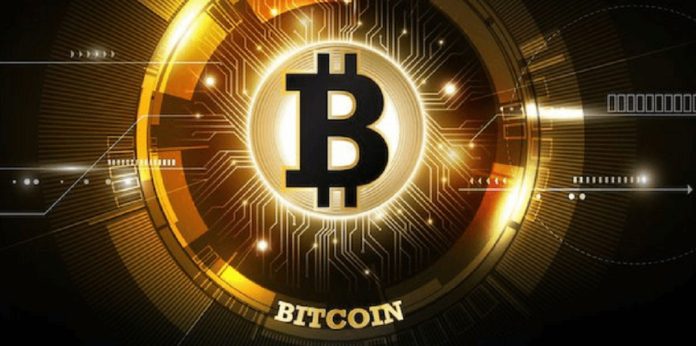Bitcoin is a decentralized digital currency that enables people to send money to another person, no matter their geographical location or any intermediaries. Bitcoin transactions are securely stored in blockchain networks and each individual owns an encrypted virtual wallet for storing and transferring bitcoins. With its heightened security features, bitcoin has become increasingly popular as a form of payment worldwide. In addition, when you do not require a simple answer, you may make use of trading software like this trading Software, which is an extremely useful option.
What is Bitcoin Transaction?
Bitcoin transactions are sent securely over the blockchain network, often verified by miners via cryptographic signatures. Miners work together to solve complex mathematical puzzles known as proof of work – if a miner is first successful in solving for this puzzle, they can be rewarded 12.5 bitcoins. Any person with enough computing power and mining hardware can take part in the process of verifying these transactions. Fund transfers through Bitcoin usually take 10 to 20 minutes to be confirmed, but this duration can extend up to 60 minutes when there is network congestion. They transaction consists of an input (the address from where the funds have been sent) and an output (the address that receives them), which are necessary elements for validating a transfer.
What are the transaction fees?
The speed of a transaction is determined by its cost. Generally, the more you pay for a transaction, the faster it will complete; however, due to limited space, only a certain number of transactions can take place at any given time. In a situation where there’s abundant network activity, miners prioritize transactions with the highest fees to ensure that even in times of heavy congestion, those paying the most standout.
Cryptocurrency wallet users have the ability to set their own transaction fees, which are sent directly to cryptocurrency miners. During a “bull run,” when demand for Bitcoin is high, these fees can reach an unprecedented level – usually ranging from $24-$31 at the highest end. While there is no mandatory minimum fee amount that must be paid by all users, transactions with higher fees will typically receive priority and get confirmed more quickly due to increased competition in this space. As such, it’s not uncommon for Bitcoin transaction fees to fluctuate based on user demand.
Reasons behind the long processing time of bitcoin transactions
- Network Load: With the increasing transaction activity on blockchain networks, nodes often experience a backlog in their memory pool. This gets further exacerbated when the number of unconfirmed transactions reach a certain high threshold — it can seriously slow down confirmation times for all subsequent transactions and cause delays.
- Transaction Fees: Transaction fees play an significant role in the mining process, which requires significant technology and effort. If transaction fees are kept to a minimum however, it will take longer for transactions to be confirmed.
How do bitcoin transactions take place?
To ensure that digital currency like bitcoins are securely sent and received, there is a complex process involved. This includes using bitcoin wallets as well as the network to safely transmit funds. Two terms associated with this type of transaction include private key and public key:
- Private Key: The private key is the crucial part of cryptocurrency ownership—so much so that it should be treated like your social media account passwords and kept secret at all costs. It grants you access to your bitcoins, and if lost or stolen, your tokens cannot be recovered without it. To ensure you don’t run into this issue, back up your private keys securely in a safe place as soon as possible.
- Public Key: Bitcoin addresses, also known as public keys, serve the same purpose as a username on social media sites. They give others access to send you bitcoins and are publicly available for everyone. In order to receive payments in bitcoin, users must share their public key with whoever is sending them money.
Disclaimer: This article contains sponsored marketing content. It is intended for promotional purposes and should not be considered as an endorsement or recommendation by our website. Readers are encouraged to conduct their own research and exercise their own judgment before making any decisions based on the information provided in this article.


































